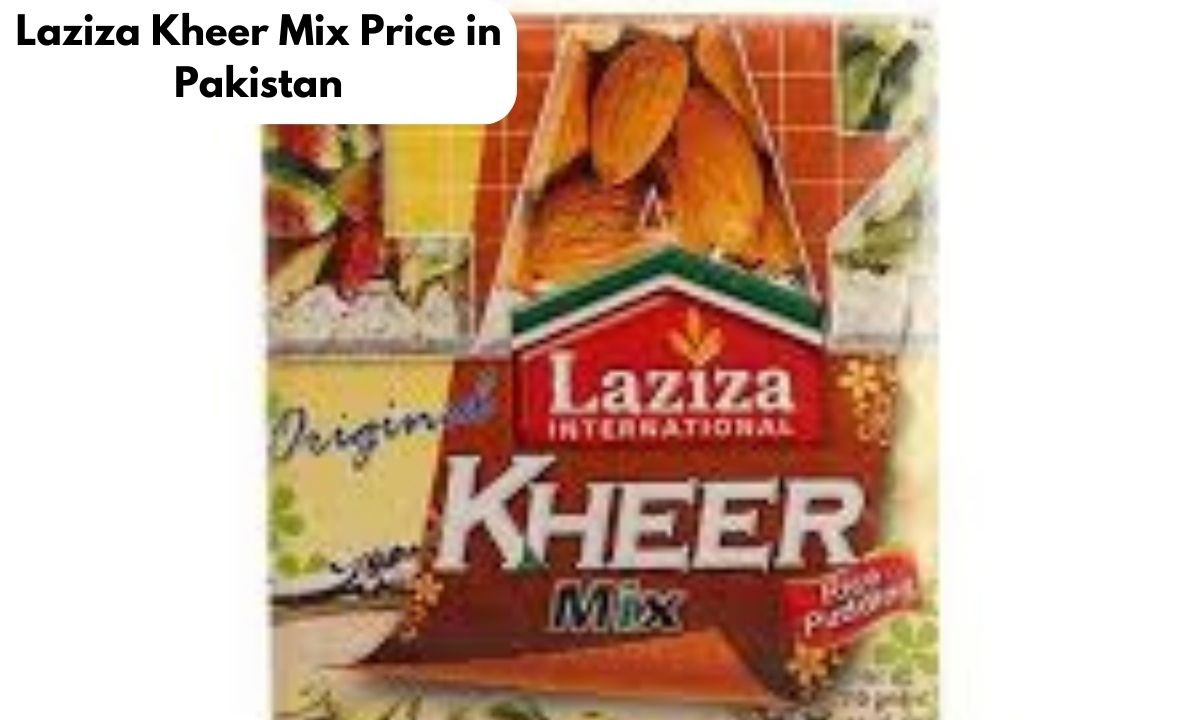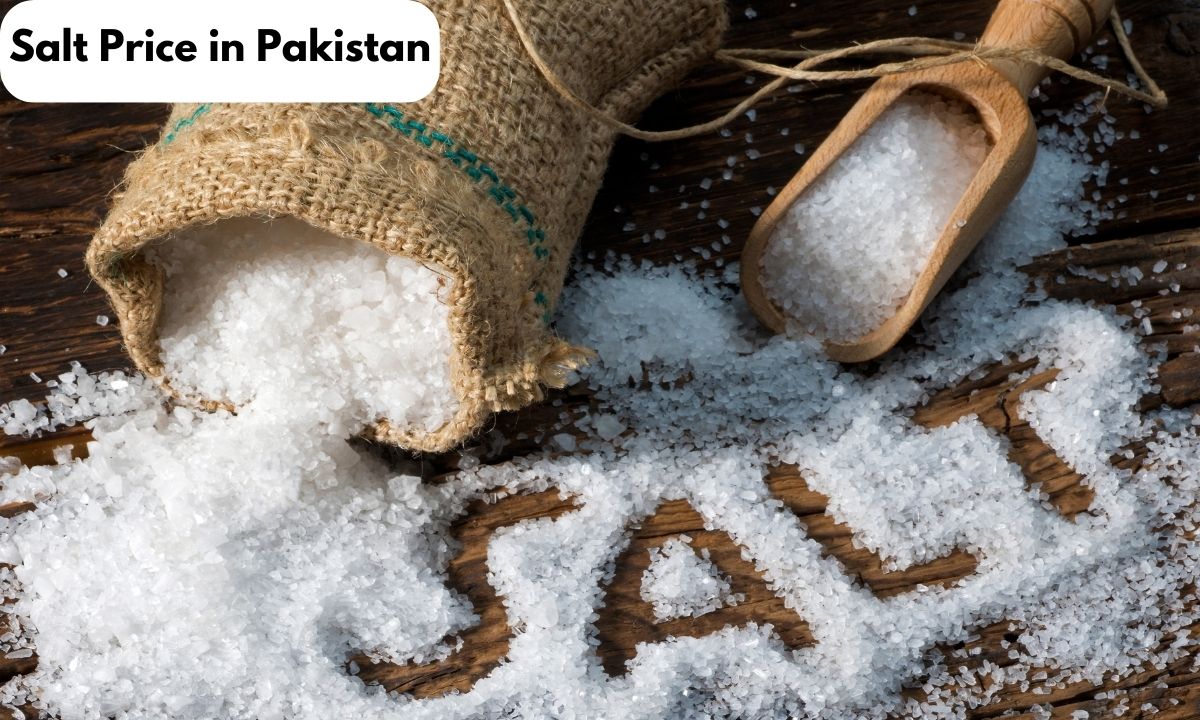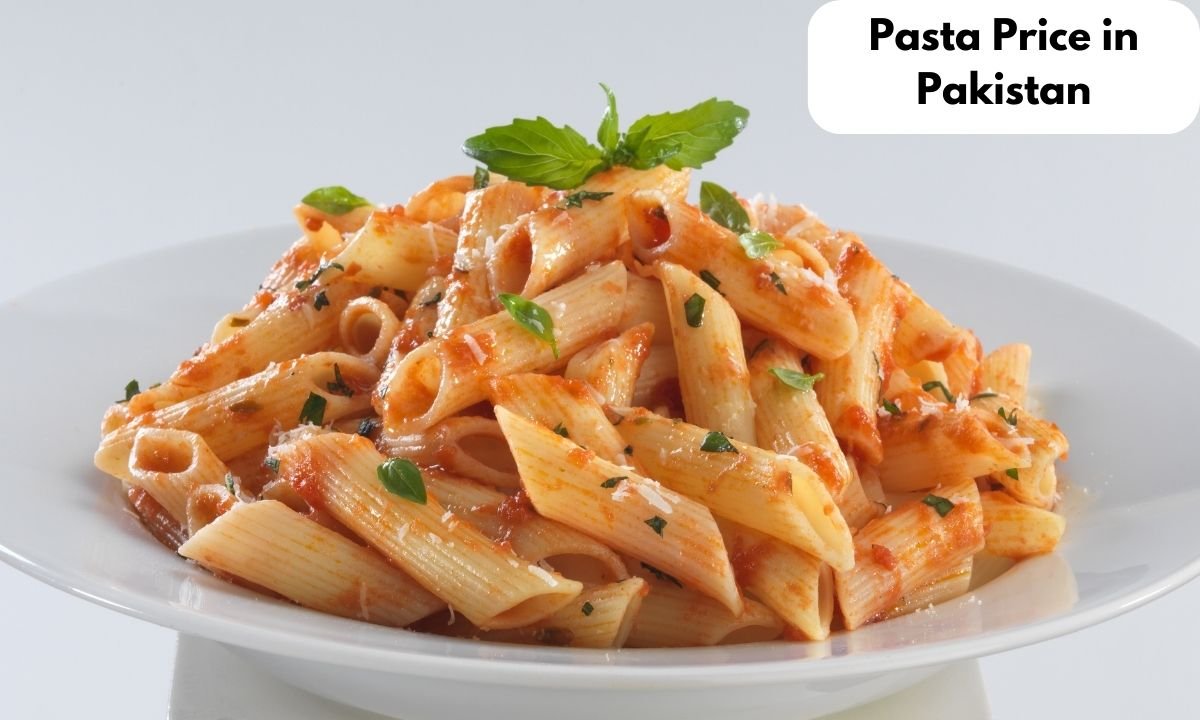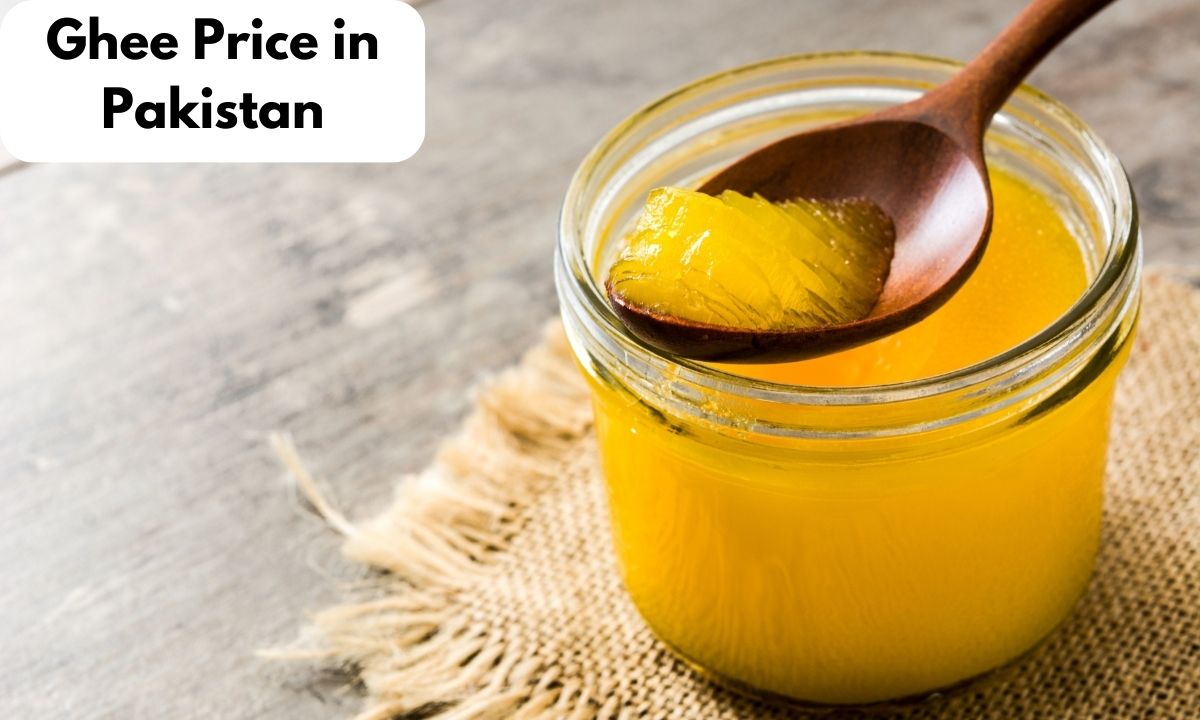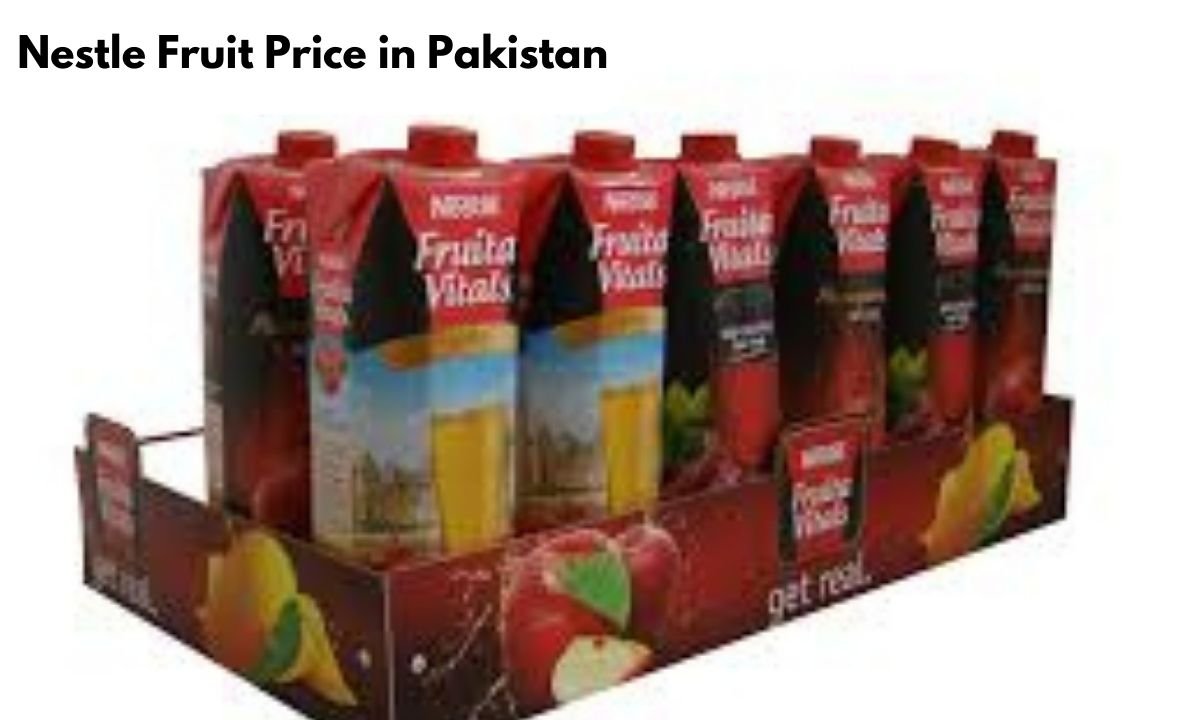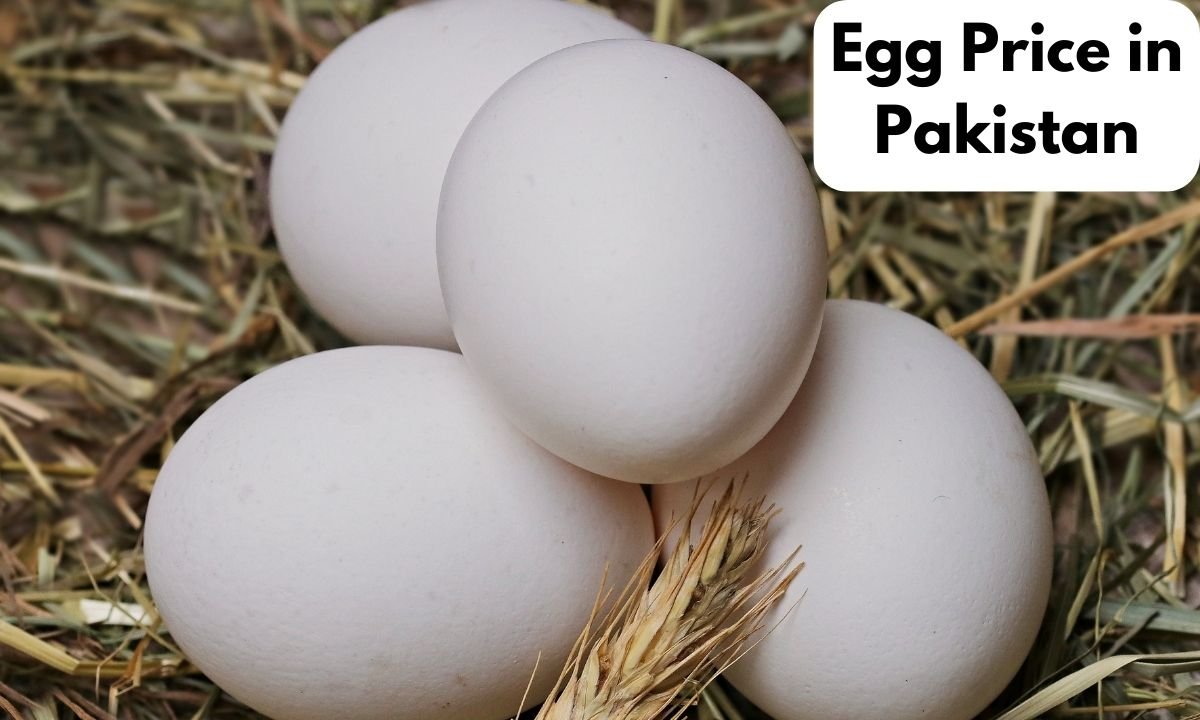Ketchup Price in Pakistan (2024 Price Guide)
In Pakistan, the ketchup scene is lively and full of variety, just like the different flavors it brings. You can find a bottle of this popular sauce for prices ranging from PKR 130 to PKR 394. It’s not just a Western thing anymore; it has become a common sight in homes and restaurants across the country, enhancing the taste of everything from local snacks to fast food.
As we step into 2023, there’s an exciting twist in the ketchup market. It’s expected to grow by 6.72% annually, indicating a growing demand for this tomato-based delight. Whether you’re using it as a dip or a dressing, the sweet and tangy kick of ketchup has firmly established itself in Pakistani cuisine. It’s not just a condiment; it’s a flavorful tradition that continues to thrive in the local taste buds.
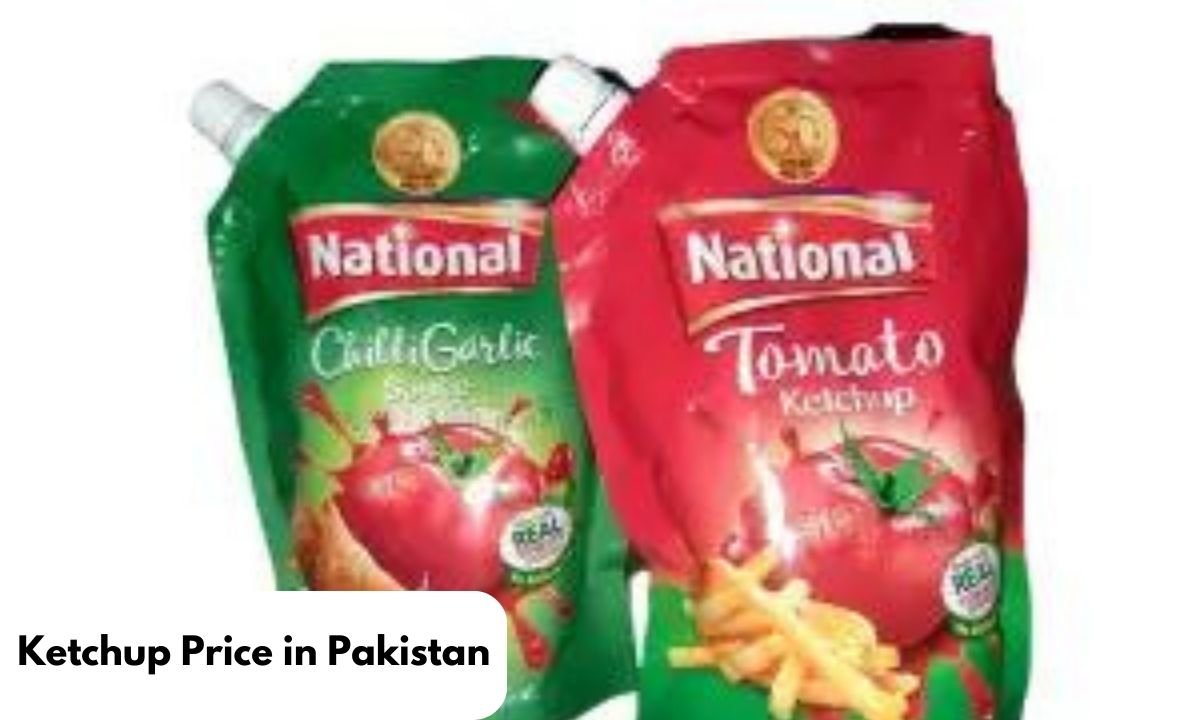
Ketchup Prices in Pakistan
| Brand | Size | Price (PKR) |
| Mitchell’s | 250 gm | 130 |
| Mitchell’s | 1 Kg | 394 |
| Mitchell’s | 500 gm | 230 |
| Mitchell’s | 300 gm | 250 |
| National | 30 | |
| National | 225 gm | 130 |
| National | 400 | |
| National | 800 gm | Not specified |
| National | 1 Kg | 165 |
| National | 9 gm 500 | 2,000 |
| Knorr | 800 gm | 344 |
| Knorr | 400 gm | 211 |
| Knorr | 440 |
Top Ketchup Brands in Pakistan
Exploring Pakistani Ketchup Culture
In the heart of Pakistan, ketchup isn’t just a condiment—it’s a culinary essential that enhances a variety of dishes. Amidst the many options available, a handful of brands have made a name for themselves through their exceptional taste, quality, and the loyalty they’ve garnered from customers.
National Foods Limited: A Household Favorite
National Foods Limited holds a special place in Pakistani households, boasting a strong market presence. Their ketchup, known for its thick texture and authentic taste, is crafted from the finest tomatoes without any artificial additives. The brand takes pride in its hygienic packaging and rigorous quality control, ensuring a premium product. With a claim that 90% of ketchup consumers in Pakistan choose their brand, National Foods Limited clearly dominates the market.
Kissan: The Versatile Companion
Another notable brand is Kissan, offering ketchup crafted from 100% real, naturally ripened tomatoes. Positioned as a versatile condiment, it pairs seamlessly with everything from pakodas to roti. Kissan’s ketchup is celebrated for its tangy flavor, making it a kitchen staple in many Pakistani homes.
Shezan International: A Global Delight
Shezan International takes the Pakistani ketchup experience global with its exquisite taste. Made from fresh, home-grown tomatoes, Shezan ketchup is a perennial favorite, cherished for its perfect flavor alignment with various foods. This brand has not only gained local popularity but has also found its way into kitchens worldwide.
Mitchell’s: A Spicy Twist
For those who savor a spicier experience, Mitchell’s Ketchup stands out. With a flavor profile that leans towards the spicier side and less tanginess, it’s the preferred choice for fries and snacks. Mitchell’s has carved a niche for itself among spice enthusiasts, offering a distinctive option in the ketchup landscape.
Customer reviews consistently emphasize the unique taste profiles, the harmonious blend of sweetness and acidity, and the texture of the ketchup. Each brand has its own selling points—National’s palm oil-free recipe, Kissan’s commitment to natural ingredients, Shezan’s reliance on fresh tomatoes, and Mitchell’s spicy kick—all resonating with consumers.
These brands have successfully cultivated a loyal customer base by aligning with local tastes and maintaining unwavering quality standards, proving that their popularity is a testament to their commitment to excellence.
Factors influencing the price of ketchup in Pakistan
The price of ketchup in Pakistan is shaped by various factors that play a role in its production, market presence, and overall economic landscape.
1. Production Costs: The expense of making ketchup, covering everything from tomatoes to labor and operational costs, has a direct impact on its retail price. If it costs more to produce, the price for consumers is likely to go up.
2. Market Competition: The multitude of ketchup brands in the market creates a competitive environment. Brands may adjust their prices to stand out, either by lowering them to attract more customers or by emphasizing quality, taste, or other distinguishing features.
3. Import and Export Prices: Prices of imported ketchup can influence local market prices. If imported ketchup is pricey, local brands might follow suit. Conversely, if Pakistan exports ketchup, the export price can also affect local market prices.
4. Consumer Demand: The ebb and flow of ketchup demand in Pakistan directly impact its price. High demand tends to drive prices up, while low demand may lead to price decreases.
5. Economic Factors: Inflation, currency exchange rate fluctuations, and other economic factors contribute to ketchup price variations in Pakistan.
6. Innovation and Product Differentiation: Brands introducing innovative or unique ketchup products—whether through organic ingredients, distinct flavors, or health benefits—may set a higher price for their premium offerings.
7. Government Policies and Regulations: Government interventions, such as taxes, subsidies, and import/export regulations, can wield influence over ketchup prices.
It’s crucial to recognize that these factors interact in intricate ways to determine ketchup prices. For instance, a surge in production costs might prompt a price hike. However, if the market is fiercely competitive, brands might absorb the cost increase rather than risk losing market share by raising their prices. This intricate dance of factors underscores the complexity of ketchup pricing in Pakistan’s dynamic market.
Conclusion
In the lively world of Pakistani cuisine, ketchup plays a vital role, with prices spanning from PKR 130 to PKR 394, accommodating a broad spectrum of consumers. Leading the culinary charge are esteemed brands such as National Foods Limited, Kissan, Shezan, and Mitchell’s, steering the market toward a steady growth trajectory, a testament to the enduring appeal of this condiment.
Despite recent market fluctuations, the horizon looks promising, fueled by emerging trends embracing organic and inventive ketchup variations. As the culinary landscape continues to transform, these brands are poised to uphold their commitment to satisfying the diverse taste preferences of Pakistani consumers, cementing ketchup’s place as a cherished staple in the nation’s rich food culture.
